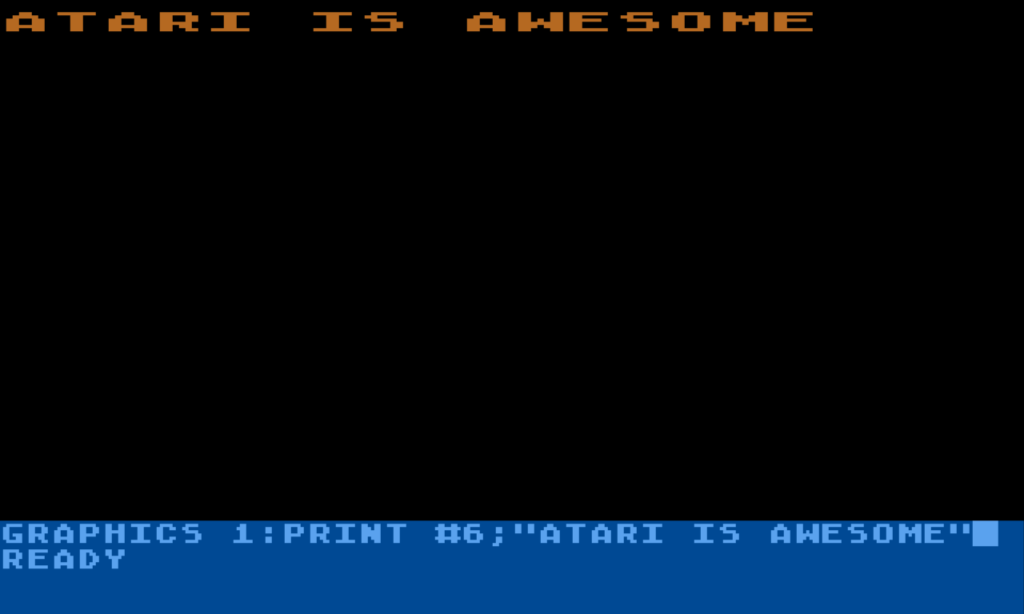Despite my contempt for the writing, I finished this off. I'm going straight to spoilers here; at least watch E1-3 cold.
So E4-E6 goes back to the I-Land, and there's a terribly-written argument of "you have to believe my incredible story!" "no you're a liar!" "waah, you bitch!" for half an hour or more; I barely exaggerate, it's a tale told by an idiot. Some light bondage but it's not very hot.
A couple claiming to be "Bonnie & Clyde" show up and deliver more preposterous threats and tell everyone remembering their past will make them sad. Then everyone splits up, has flashbacks, and yes they all suck IRL as well as on I-Land. The past is a land of crying people and shitty Instagram filters, and repeated scenes because they didn't film enough to pad the episode out. Now, serious SF moment here: I don't think any kind of memory suppression is plausible, the brain doesn't work like a database, something this targeted and reversible especially not, and it's completely contrary to the reformation attempt. So the main plot point technology is just nonsense fantasy.
Chase continues to be the only interesting character, so Cooper runs off after her to stay relevant and on-camera. We do eventually learn a whole sad backstory, except: It is implausible they would both be incarcerated together, both taken in the program, and hook up again despite memory wipe. It feels tacked on, or like Lost the soi-disant writers were just making up bullshit as they went along.
Taylor sails away to II-Land (second island, ha ha), which has the single dumbest plot element in the show; never drink free chicken soup! Bonnie & Clyde showing up to be shitty Rod Serlings is just salt in the wound. Said shitty plot element is never seen; is it another player or an NPC or just B&C?
Nothing at all is resolved, until KC and her bozo follower confront Chase & Cooper, violence ensues, B&C show up, and there's quite a good fight scene again. The fight choreography is quite good, someone competent was running that. But also here KC and her bozo just vanish when no longer relevant to the plot.
And finally in E7, back in "reality" more or less, Chase gets released because everyone believes a single thing Cooper says. Except we have to sit thru more of the Warden being an idiot, the doctor & academics being patronizing, everyone getting some kind of comeuppance which is very implausible; especially putting anyone new into the simulation.
The final twist about Chase isn't really shocking, since she didn't recognize any advanced tech in E3, it had to be some time ahead, but it's too far: A 50-year-old woman who's been in a sensory deprivation tank for 25 years cannot do the fighting we saw in E3.
The casual "Galveston is flooded" thing is cute, but a real post-Global Warming Galveston isn't going to be a temperature-habitable zone either.
They seem to think she's doomed, being discharged with pocket money & bus fare; that's stupid, she can go to any tabloid successor of Buzzfeed and make millions on the story, and any yellow rag journalist can write it better than these writers did.
The entire series is so terribly written it may as well have been improvised by the actors, except they did all the flashbacks, so it's actually scripted this badly. The same premise, if handled by a competent writer, director, and hiring more than one competent actor, and having more fight scenes, could've been much better.
★★½☆☆
